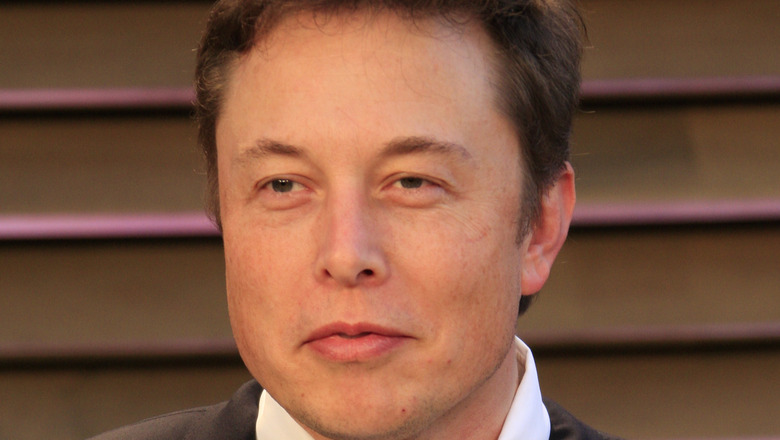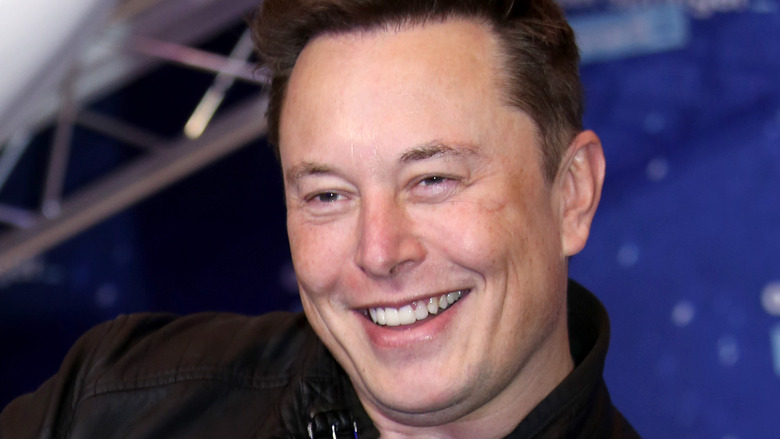How Elon Musk Really Got So Rich
Elon Musk is currently the CEO and Chairman of Tesla. According to Forbes, Musk has a net worth of $168.2 billion. He's the second richest person in the world behind Jeff Bezos, the founder of Amazon.
Musk's first idea as a South African-born American entrepreneur wasn't Tesla. In fact, he launched his first company with his brother called Zip2, which was later sold for over $300 million. In 1999 he founded X.com, which is now better known as PayPal. He made his first billion in October 2002. Then in 2003, he founded Tesla (per Biography).
After moving on from PayPal, Musk continued to look for problems to solve, and that's how he settled on Tesla.
"Going from PayPal, I thought, 'Well, what are some of the other problems that are likely to most affect the future of humanity?'" he told graduates at the California Institute of Technology in a 2012 commencement speech. "It really wasn't from the perspective of what's the ... best way to make money." The reason for starting Tesla for him was to solve the problem of sustainable energy and to help with that, he started SpaceX in 2002 to help "make life multi-planetary," he told the graduates.
So how did Musk become so rich exactly? Well, first, he doesn't let money drive him.
Elon Musk looks for a problem to solve
Elon Musk is all about solving problems, but he couldn't reach his level of success without some help, and so when he looks for people to help him expand his company, he looks for people with the same mentality. And how does he find these people? Musk revealed in 2017 that when he's building his team he asks them one question: "Tell me about some of the most difficult problems you worked on and how you solved them." He explained that "the people who really solved the problem know exactly how they solved it. They know and can describe the little details," (per CNBC).
Something about Musk's futuristic thinking is that he sees value in humans, so humans can see value in him and his mission and products.
"Not everyone loves humanity...They say things like, 'nature is so wonderful; things are always better in the countryside where there are no people around.' They imply that humanity and civilization are less good than their absence," he said. "But I'm not in that school. I think we have a duty to maintain the light of consciousness, to make sure it continues into the future," (per alphr).
Despite him being the second richest man in the world, for Musk, it was never about money. The combination of his future-thinking and his focus on solving problems is what makes him successful and provides him with a hefty paycheck.


